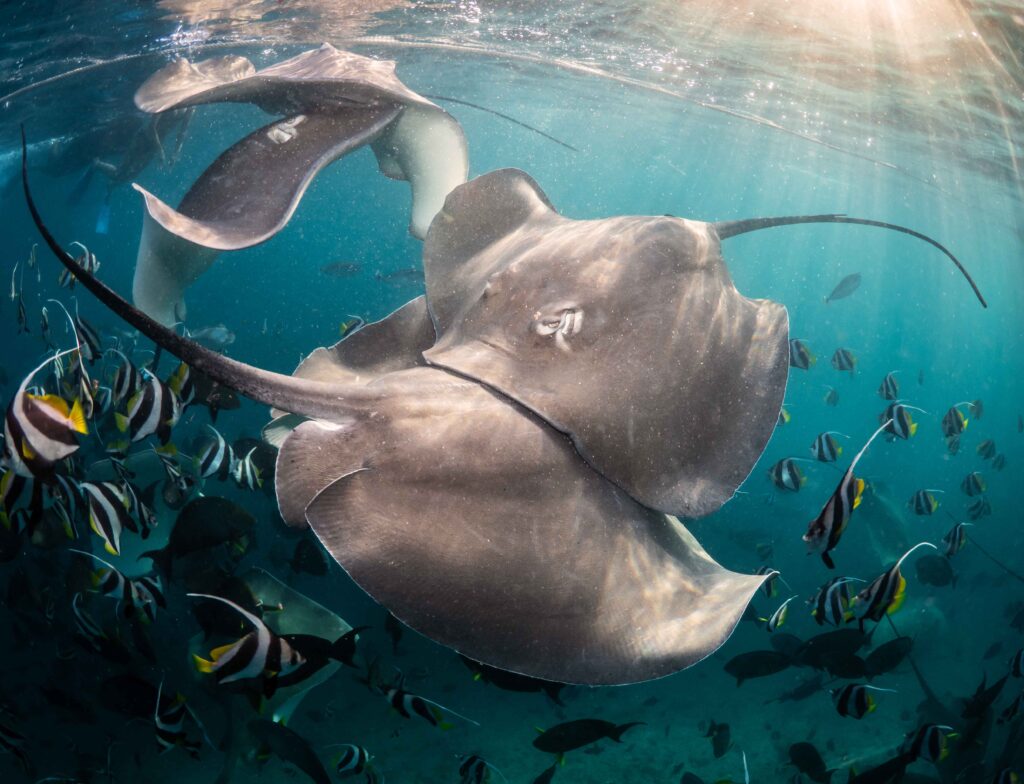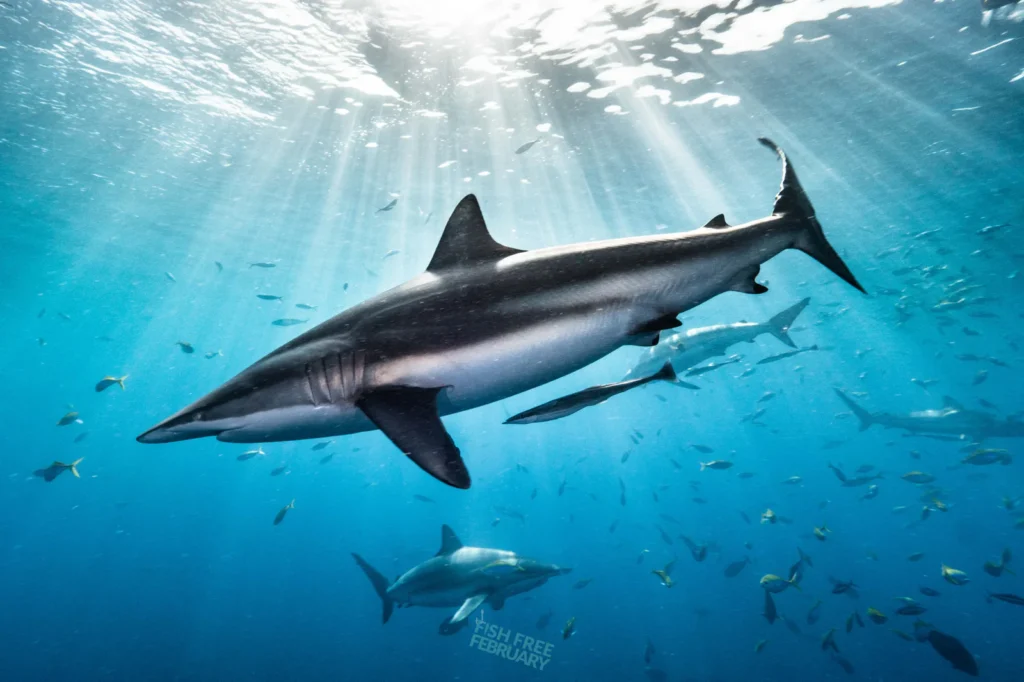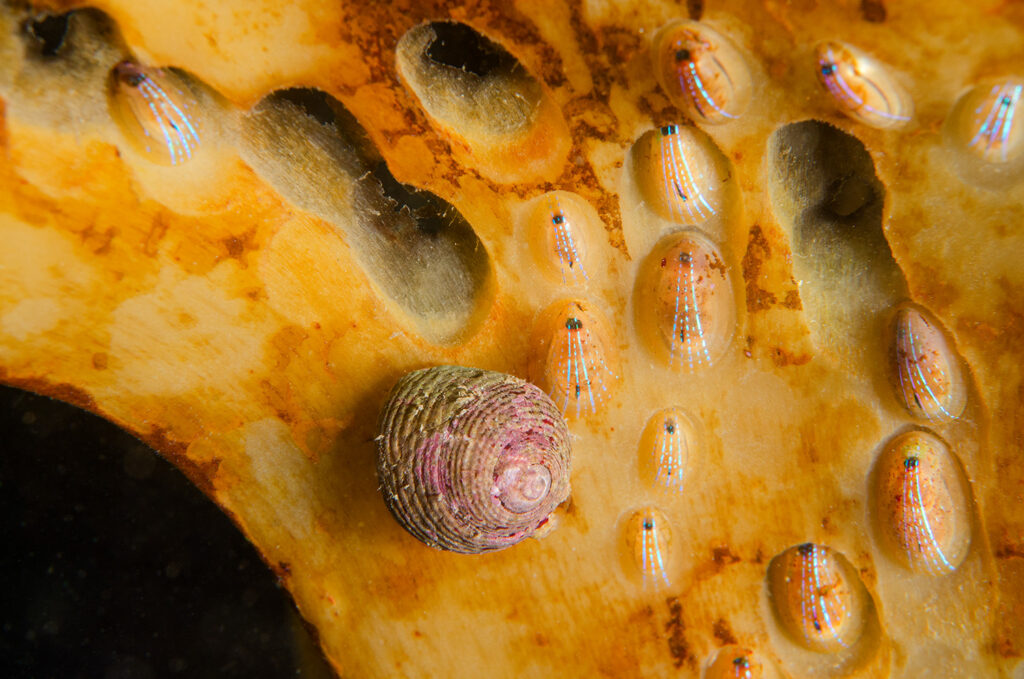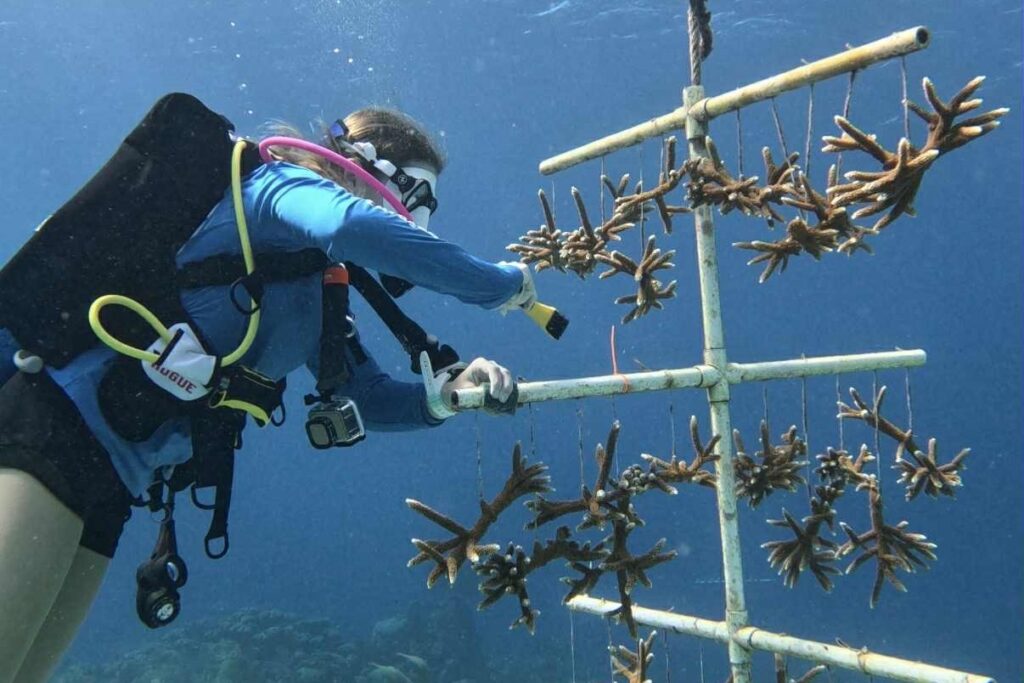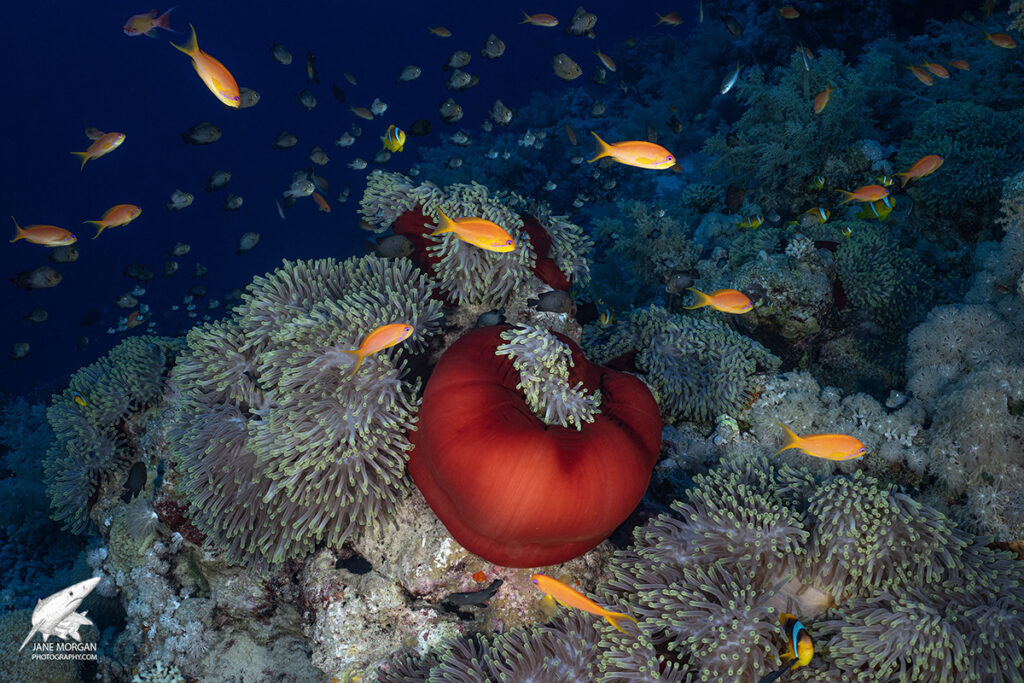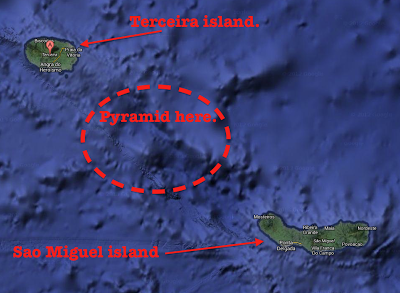The Mauritius 2020 Island Swim for Conservation
In 1997 a single swimmer circled Mauritius alone. He was not young, he was supported only by a boat, and it took him 18 days. He did it to prove it could be done.
In 2020, 12 Students from Northfields International School in La Bourdonais Mauritius are planning to swim around the Island in only 8 days, and they are doing it to generate interest in the things that matter to them. Why you ask? Are they crazy? Its 180 km.
Surely their parents won’t allow this, I thought, and I went down to the beach to meet the team and make a video of them on their first day of training. Unbelievably the parents who are all Mauritius residents, applaud their enterprise. It’s being cleverly coached by teachers Murray Botha and Jordan Peek who have planned a support team of canoeists and boats.
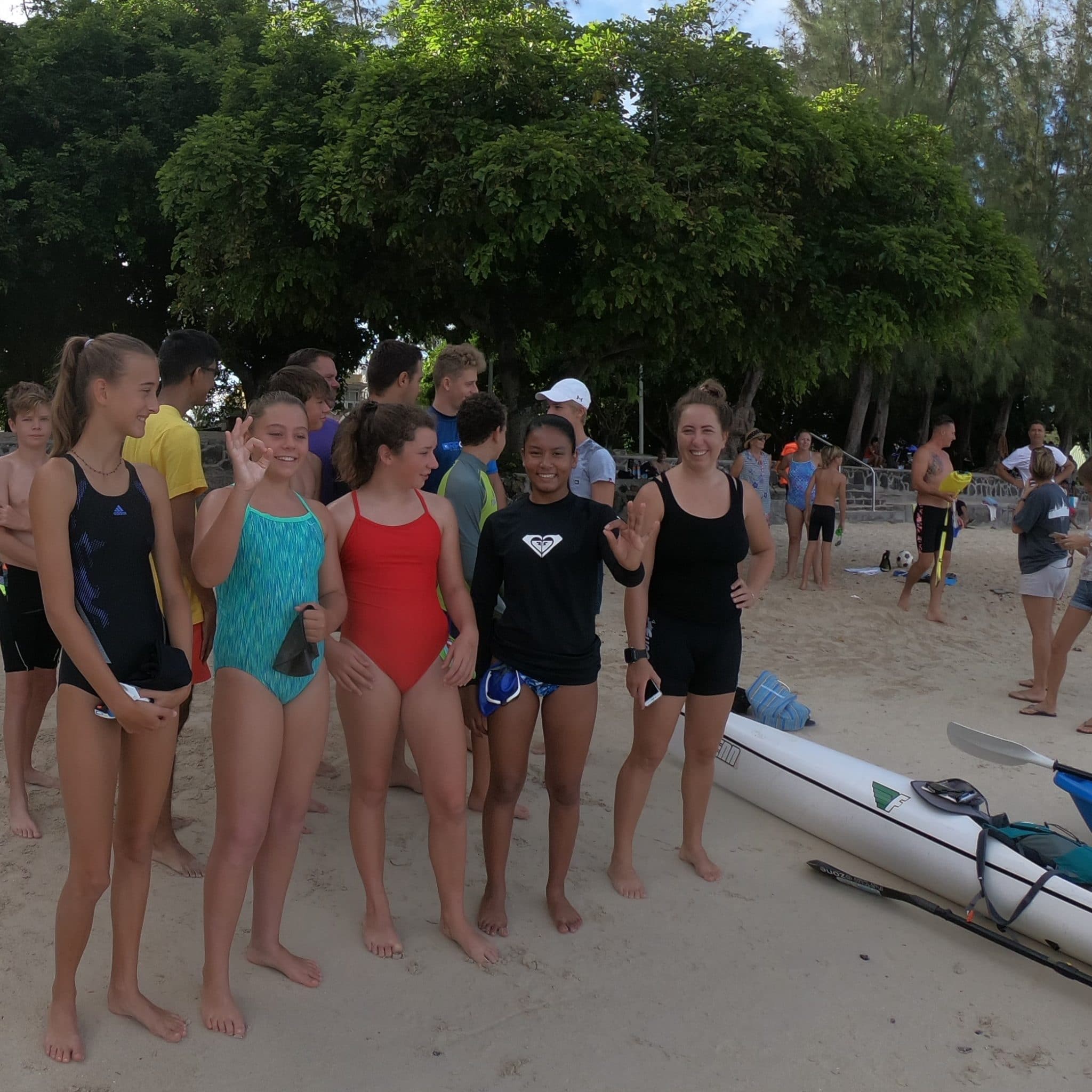
Inspired by Murray Botha and Jordan Peek, two teachers at the Northfields School, 12 Students between the ages of 12 and 17 are swimming around Mauritius. Accompanied by 4 x 2-man canoes, a powerful support team and a boat, the swimmers will make the swim in relays, changing swimmers every 30 minutes, and swimming 20 km per day over 9 days.
These Students watch plastic bottles being dumped out of the windows of buses and cars into the streets of Mauritius in their suburbs, and they see them being carried down-stream into the ocean.
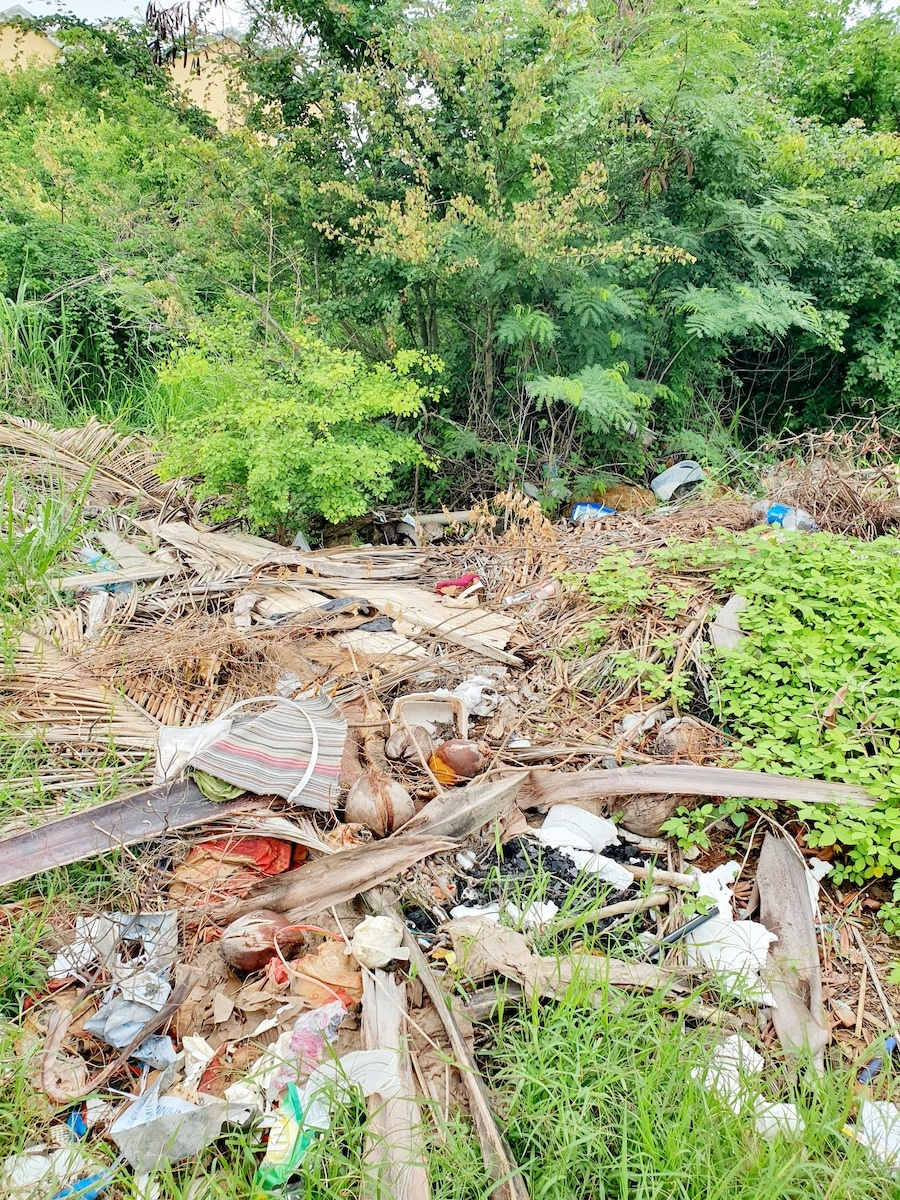
They are also deeply concerned about the conservation of Mauritius reefs and about overfishing. They want to draw attention to both land based and marine conservation.
They asked me what conservation issues were faced by the diving industry in Mauritius, and I was happy to oblige.
https://youtu.be/Ajlkbrq8QSQ
We have had the most amazing diving for the last 3 years, with spectacular new corals and thriving and abundant fish life. Mauritius wreck diving is world class. Shark diving is superb, with deep walls and Cathedral like canyons where they lazily circle in the washing machine currents.
Now for no apparent reason the turtles have left Turtle Rock, we no longer see huge shoals of tuna and marlin and billfish are no longer around and although the sharks are still plentiful around their normal habitat, we no longer see the baby white tips on the inshore reefs. Trying to find out why, I looked into the Mauritius Ministry of Fisheries website, and was horrified to find recipes on how to clean reef fish so they could safely be eaten.
This list explains which of the reef fish must be treated before being eaten, among them a huge number of rare and endemic reef fish, all caught under license from the Mauritius Government.
One dreadful article explains how to clean and serve a Hawksbill turtle, listed as toxic unless treated, although these endangered turtles are now fully protected under recent legislation.
The legacy of French cuisine seems to be impacting the reefs, although the Island was British for over 150 years. Fortunately, most tourists are well aware of the need to protect reef fish, and most of the resorts are discreetly refusing to serve them.
The pic below shows the fish that can be caught under license in Mauritius- Groupers, Unicorn fish Yellow edged lyre tails, Porcupine fish, wrasses… all reef fish.

Tragically, the Fisheries Ministry does not seem to know the difference between pelagic commercial fish passing through in shoals and territorial reef fish. They also appear to have licensed and registered a shark exporter as seen on their web pages, despite the fact that they have signed an international protocol for the protection of sharks.

When I spoke to the students, each one had a different perspective on the swim, and all of them were completely committed. Illegal fishing with small mesh nets was a huge concern, as we all see this when we walk the beaches early in the morning.
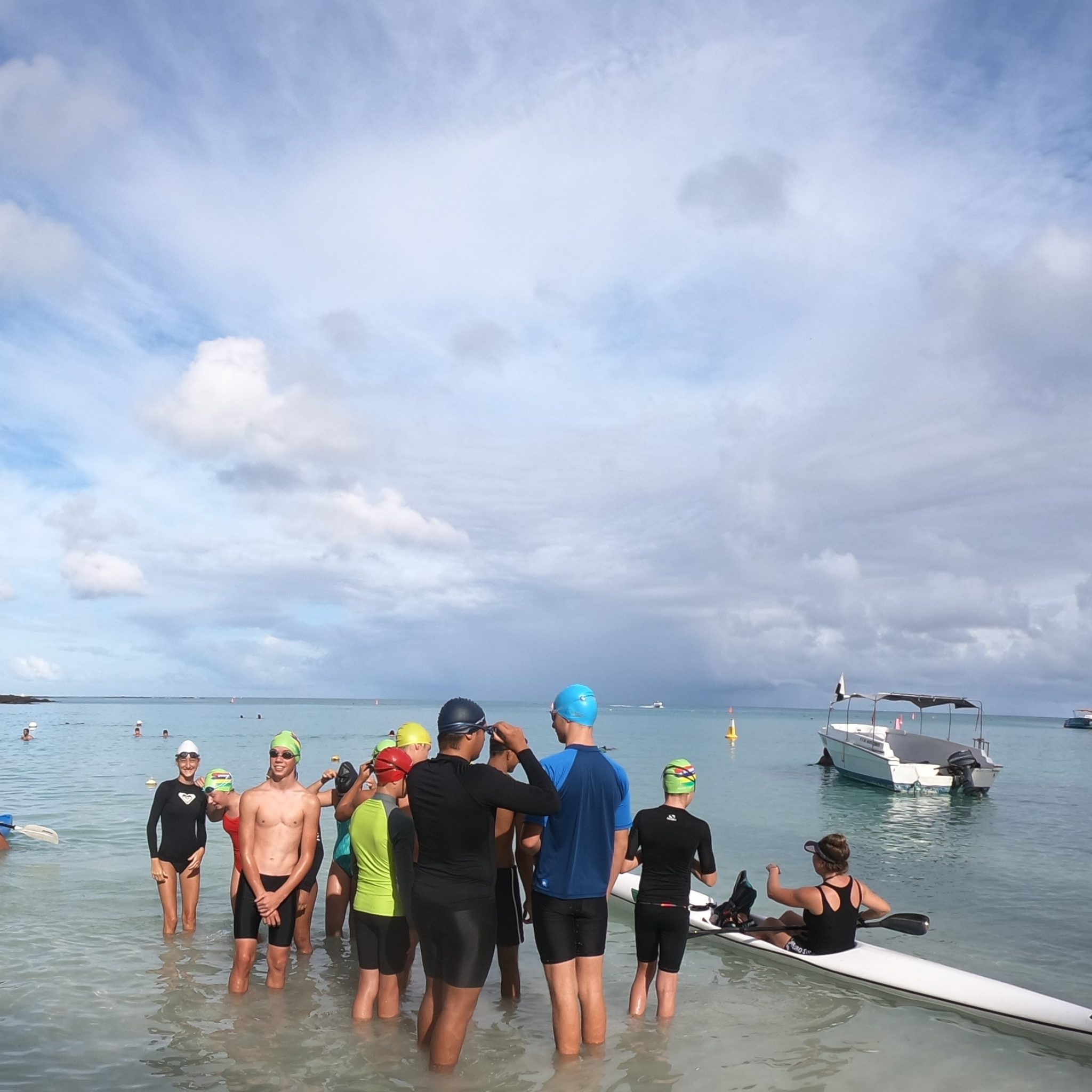
The teams of swimmers and paddlers will stop at various resorts on the lagoons overnight, and The Attitude Hotels Group of resorts, who have a reputation for implementing conservation practices in all their resorts, have volunteered to assist by providing accommodation in their resorts for the swimmers.
The conservation objectives will be presented every 20 km at the overnight stops. Diving centres along the route will meet the teams each evening.
With the uncertainty that oppresses a tropical island diving destination when the world goes into lockdown and planes are grounded, we are all concerned about the impact of the COVID 19 virus on international tourism in Mauritius.
The School Sports Department is planning a comprehensive scuba diving training program in conjunction with local dive centres. The local French school too has been approached by one of the diving centres in the area to allow training of their students.
Euro Divers at Club Med has offered its diving centre for training school Students, and Sun Divers in the West has undertaken to train school Students in the Flic en Flac area..
And taking advantage of the PADI COVID 20% discount on courses, many parents are keen to get their Students diving.
So, the 2020 Mauritius Island Swim is the ideal way to kick-start a new attitude to both conservation and diving in Mauritius.
- Words: Jill Holloway
- Copyright: Ocean Spirit www.osdiving.com 2020
- Images: Jill Holloway; Thomas Vignaud and the Mauritius Ministry of Fisheries






